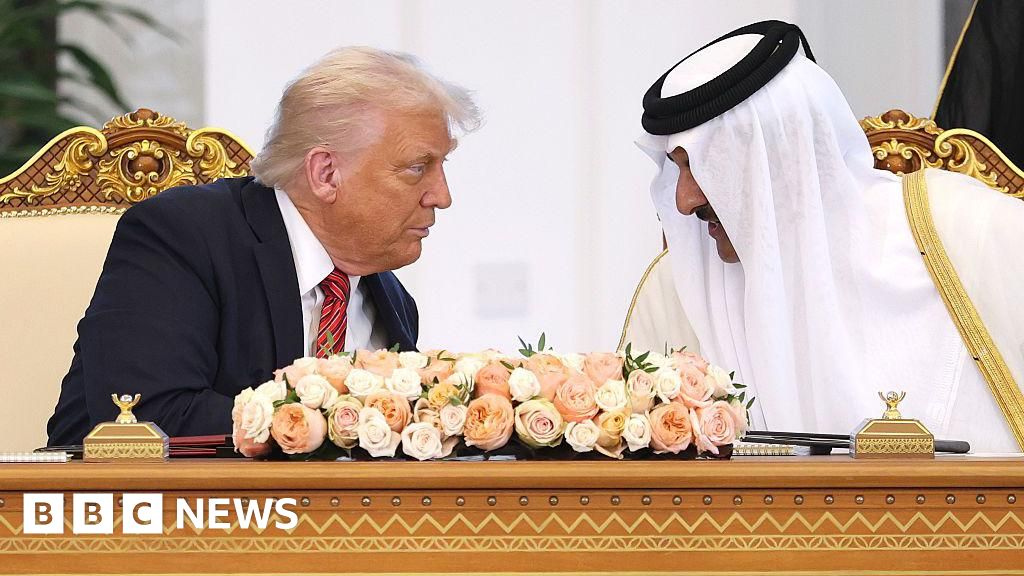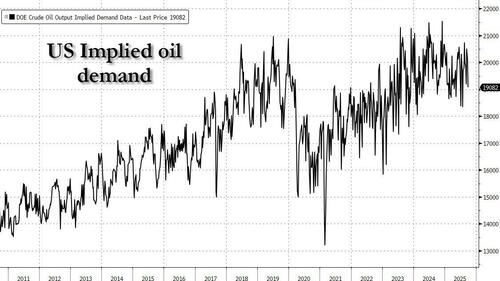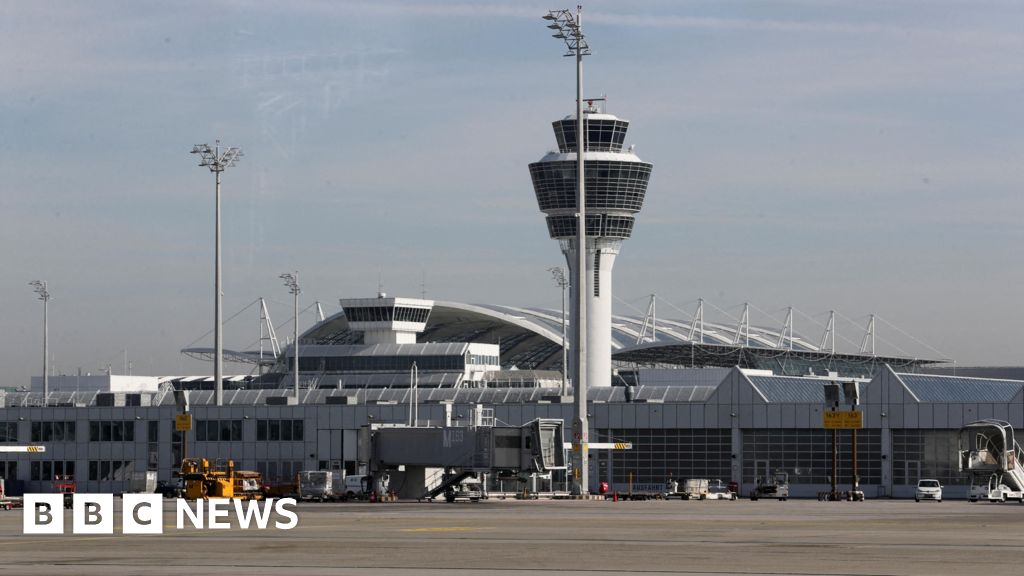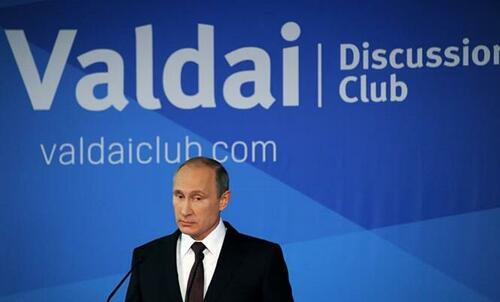Trump’s pact to defend Qatar could shake up or shore up a fragile region

Tom BatemanState department correspondent in Washington
President Trump this week signed an executive order vowing to use all measures – including the US military – to defend the Gulf state of Qatar.
The text says Washington will view any armed attack on the tiny energy-rich nation as a threat to the Unites States itself and will “take all lawful and appropriate measures – including diplomatic, economic, and, if necessary, military – to defend the interests of the United States and of the State of Qatar and to restore peace and stability”.
The order amounts to an extraordinary security pact between America and a key Arab ally, almost mirroring aspects of a Nato alliance. It will be the envy of its regional neighbours.
It’s all the more remarkable given how Qatar has transitioned in just a few years from being the focus of an economic and diplomatic boycott by its neighbours to now becoming the Middle East’s ambassadorial crossroads – most recently in its role as mediator between Israel and Hamas.
Hamas has its political offices in Doha and is currently reviewing Trump’s 20-point Gaza peace proposal announced at the White House on Monday. Doha is also home to the region’s biggest US airbase, Al Udeid.
Trump’s move to enshrine US protection for Qatar follows the rage expressed by the ruling Al Thani family last month after Israeli airstrikes on their soil targeted Hamas leaders, leaving several lower-level members of the group dead along with a Qatari security official.
Qatar was also attacked by Iran earlier this year in retaliation for American strikes against its nuclear sites.
The country is at the core of growing anxiety among Gulf Arab states that partnering with the US and hosting its military bases is not affording them the protection they had presumed.
Qatar’s foreign ministry warmly welcomed Trump’s executive order saying it represented “an important step in strengthening the two countries’ close defence partnership”.
But Trump’s move raises significant questions over its timing and motivation, and it is likely to be challenged in Washington.
It lays down a marker affecting the fragile and combustible regional dynamics just as Hamas reviews Trump’s proposal for the future of Gaza.
Former US ambassador to Israel Dan Shapiro suggested Trump was giving Qatar an extraordinary prize before appearing to get assurances from Doha in return.
“Trump’s security commitment to Qatar makes no sense unless they deliver a yes from Hamas, or expel them if they say no,” said Shapiro.
The Israeli newspaper Haaretz summed up what is likely to be the interpretation in Israel: “Trump granted immunity to Hamas’ leadership when residing in Qatar, despite Netanyahu’s warning that they would not be safe wherever they go.”
But Gulf analysts say Trump’s guarantee is important to shore up a jittery region, shaken by Israel’s escalating use of force beyond its borders alongside wider concerns about the reliability of the US security umbrella in the Gulf.
Firas Maksad from the Eurasia Group said Trump’s move went “some way” to reassure Qatar and other Gulf allies, adding that he expected Saudi Arabia to seek a similar commitment. “I do think it’s very much in the US interest to keep them onside,” Maksad told the BBC.
The scope of the security guarantee for Qatar is wide-ranging, extending to US military backing in the event it is attacked. In that sense it is reminiscent of Nato’s Article 5 requiring a joint response for an armed attack against any one member.
But being issued as an executive order from the White House, it bypasses Congress, which under the War Powers Act should be consulted by the president before committing US forces.
That means the order might lack legal force and could potentially be rewritten or ditched under a future president. It is also likely to face scrutiny from Democrats in Congress.
The move is also being challenged by parts of Trump’s own Maga support base who see it as at odds with his “America First” agenda.
Laura Loomer, an influential far-right activist close to Trump, suggested Qatar was more of a threat than ally to the US.
The Trump-loyalist radio host Mark Levin said the order upended America’s traditional alliances in the region, asking: “If the leadership of Hamas in Qatar is killed by Israel, are we going to war with Israel?”
Then there is the issue of the Trump family’s personal and business links to Qatar, which his opponents say amount to a conflict of interest in his foreign policy dealings with the ultra-wealthy Gulf state.
The Trump Organization, run by his sons Eric and Donald Jr, struck a deal in April to build a luxury golf resort in Qatar featuring Trump-branded beach-side villas and an 18-hole course, developed by a firm owned by the Qatari government.
Qatar has also donated a 747 jetliner to the US, which Trump wants to use as a replacement for Air Force One.
The president has said it will be decommissioned after he leaves office and would be displayed in his yet-to-be-built presidential library. The White House and Qatari officials have denied any conflicts of interest over business links and policy.
But Tony Carrk of the watchdog group Accountable.US accused Trump of erasing the line between the two.
“Donald Trump apparently wants US taxpayers to foot the bill for potential military protection of his luxury Qatar golf course while currying favour with his Qatari-government-tied business partners,” he said.
Trump visited Doha as part of his regional tour in May, which involved trade talks in gilded palaces with the most powerful and wealthy figures in the region.
But the White House has always vehemently rejected the accusations of a conflict of interest.
Deputy press secretary Anna Kelly said in a statement to the BBC: “President Trump’s assets are in a trust managed by his children. There are no conflicts of interest.”
Recent Top Stories
Sorry, we couldn't find any posts. Please try a different search.









